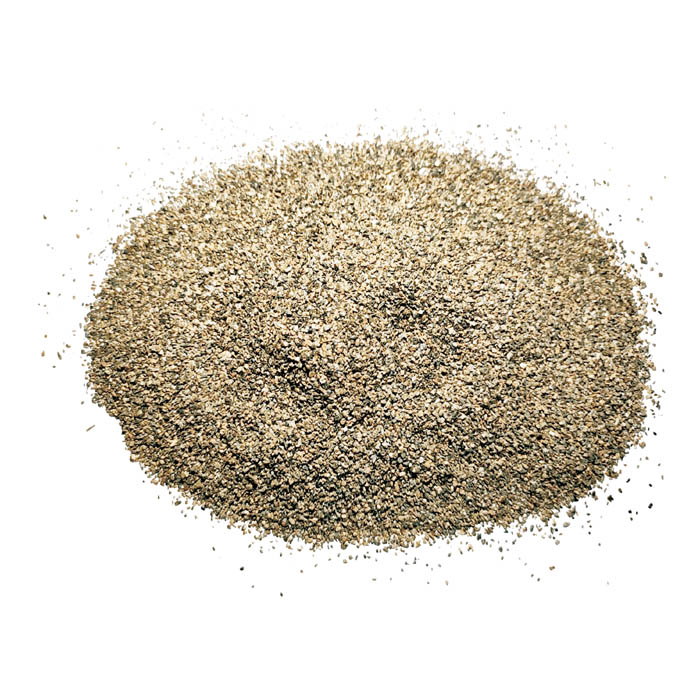Dec . 23, 2024 18:48 Back to list
vermiculite concrete
Exploring Vermiculite Concrete Properties and Applications
Vermiculite concrete, a lightweight and versatile building material, has garnered increasing attention in construction and architectural applications. This unique composite combines vermiculite, a naturally occurring mineral, with cement and water to create a mixture known for its excellent thermal insulation, fire resistance, and ease of use.
What is Vermiculite?
Vermiculite is a naturally occurring phyllosilicate mineral that expands when heated, a process known as exfoliation. This property creates small, accordion-like particles that are lightweight and have a low density. When mixed with cement, vermiculite contributes to a concrete product that is significantly lighter than traditional concrete. This lightweight nature can reduce the overall weight of structures, making them easier to handle and transport.
Key Properties of Vermiculite Concrete
One of the most significant benefits of vermiculite concrete is its excellent thermal insulation properties. The air pockets created by the expanded vermiculite particles provide a barrier that prevents heat transfer, making it an excellent choice for energy-efficient building designs. This insulating property can lead to reduced heating and cooling costs, contributing to lower energy consumption and environmental impact.
In addition to thermal insulation, vermiculite concrete is also highly fire-resistant. The mineral itself does not burn and can withstand high temperatures without compromising its structural integrity. This makes it an ideal material for applications requiring enhanced fire safety, such as in the construction of ceilings, walls, or fire-rated partitions.
vermiculite concrete

Another advantage of vermiculite concrete is its sound insulation capabilities. The porous structure of the material can effectively reduce sound transmission, creating quieter indoor environments. This property makes it suitable for commercial buildings, residential projects, and any other applications where noise control is a priority.
Applications of Vermiculite Concrete
Due to its unique properties, vermiculite concrete finds a wide range of applications across various sectors. It is commonly used in lightweight structural elements, such as roof decks and floor systems, where reduced weight is crucial. Additionally, its insulating properties make it popular in energy-efficient buildings, where maintaining a stable indoor temperature is essential.
Vermiculite concrete is also advantageous in fire-resistant construction applications. It can be used to create fireproof barriers and systems, enhancing the safety of structures in case of a fire incident. Many commercial constructions, such as warehouses and manufacturing facilities, incorporate vermiculite concrete to meet specific fire safety regulations.
In residential projects, vermiculite concrete can be utilized for basement flooring, roof insulation, and even as a lightweight fill in landscaping applications. Its versatility makes it suitable for DIY projects, as it can be easily mixed and molded into various shapes and sizes.
Conclusion
Vermiculite concrete stands out as a compelling choice for modern construction projects, offering a blend of lightweight properties, thermal insulation, and fire resistance. As the demand for sustainable and energy-efficient building materials continues to grow, vermiculite concrete may play an essential role in future architectural designs. Its ease of use, combined with its outstanding performance attributes, positions it as a favorable option for builders, architects, and homeowners looking to create resilient and efficient structures. As the industry moves towards greener solutions, vermiculite concrete could indeed redefine the standards of construction materials in the years to come.
-
Fe-C Composite Pellets for BOF: Enhance Steelmaking Efficiency
NewsAug.07,2025
-
Eco-Friendly Granule Covering Agent | Dust & Caking Control
NewsAug.06,2025
-
Fe-C Composite Pellets for BOF: High-Efficiency & Cost-Saving
NewsAug.05,2025
-
Premium Tundish Covering Agents Exporters | High Purity
NewsAug.04,2025
-
Fe-C Composite Pellets for BOF | Efficient & Economical
NewsAug.03,2025
-
Top Tundish Covering Agent Exporters | Premium Quality Solutions
NewsAug.02,2025
